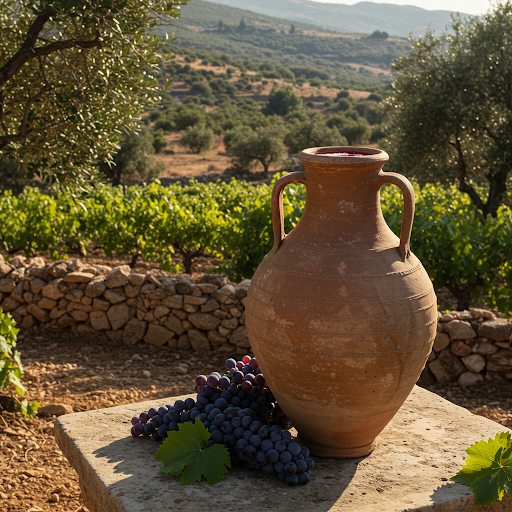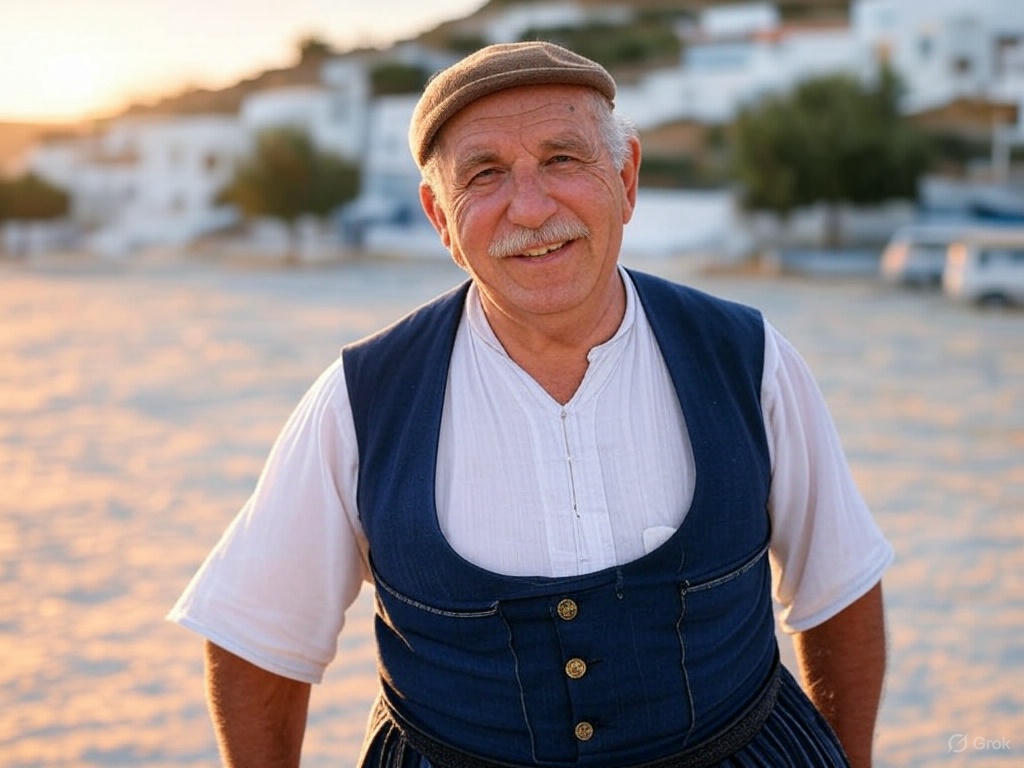The inevitable damage caused by the sea, wind and rain to the archaeological remains on the island of Delos has clearly accelerated in the last 10 years, the director of the French School of Athens Alexandre Farnoux warned during a two-day conference about the impact of climate change on cultural heritage.
Farnoux reported "serious damage to the walls, especially sensitive walls made of limestone, disappearance of joins and the penetration of water into the foundations of buildings." He noted that the rains of recent years have raised the water table and, together with rising sea levels, "caused the water to destructively encroach on the archaeological site".
He explained that the Cyclades Antiquities Ephorate and the French School were collaborating in an eight-member committee that meets twice or three times a year to discuss emergency work that needs to be done on the site and has enlisted internet data system that collects information on the problems that arise, while a 3D model created the previous year helps in the work to protect the monuments in the best possible way.
Work to stabilise the worn walls is carried out each year, he said, while the famous Delos lions were replaced with copies, with the originals now held in an indoor gallery at the Archaeological Museum.
"Work has always had to be done and in the future it will become more extensive. The task we are asked to perform is massive. The site is very large and the effect of climate change makes the battle fought by scientists to preserve the monuments on the island gruelling and uneven. The aim of the Greek and French experts is the same but money is always needed," Farnoux added.
The French Archaelogical School of Athens has been involved in the maintenance and study of Delos since 1873.









